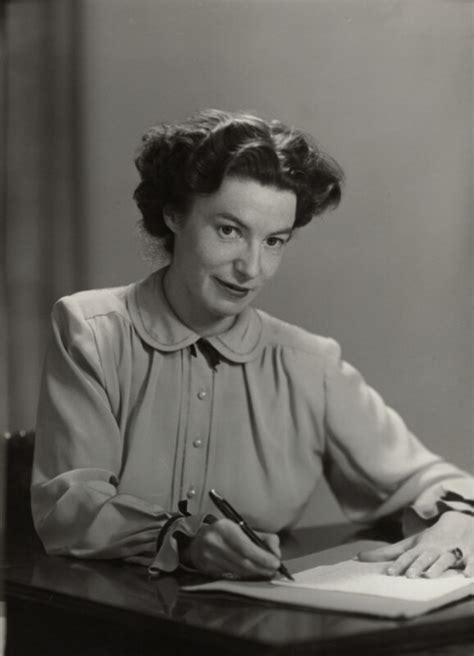A Quote by Napoleon Bonaparte
The first virtue in a soldier is endurance of fatigue; courage is only the second virtue.
Related Quotes
Spirituality is not a question of morality, it is a question of vision. Spirituality is not the practising of virtues - because if you practise a virtue it is no longer a virtue. A practised virtue is a dead thing, a dead weight. Virtue is virtue only when it is spontaneous; virtue is virtue only when it is natural, unpractised - when it comes out of your vision, out of your awareness, out of your understanding.
And all knowledge, when separated from justice and virtue, is seen to be cunning and not wisdom; wherefore make this your first and last and constant and all-absorbing aim, to exceed, if possible, not only us but all your ancestors in virtue; and know that to excel you in virtue only brings us shame, but that to be excelled by you is a source of happiness to us.
By Allah, whenever I endure any adversity I gain four blessings of Allah in exchange. The first of them is, when the adversity is not caused by my sin (virtue is earned). The second, when the adversity is not greater than my sin (virtue is earned). The third, when I am not deprived of contentment (virtue is earned). And the fourth, I hope for virtues thereby.
If a man of good natural disposition acquires Intelligence [as a whole], then he excels in conduct, and the disposition which previously only resembled Virtue, will now be Virtue in the true sense. Hence just as with the faculty of forming opinions [the calculative faculty] there are two qualities, Cleverness and Prudence, so also in the moral part of the soul there are two qualities, natural virtue and true Virtue; and true Virtue cannot exist without Prudence.
And what does reward virtue? You think the communist commissar rewards virtue? You think a Hitler rewards virtue? You think, excuse me, if you'll pardon me, American presidents reward virtue? Do they choose their appointees on the basis of the virtue of the people appointed or on the basis of their political clout?
According to great masters, there is no sin and there is no virtue. There is only one thing: that is awareness. If you are aware, you can do anything you want and it is not sin. If you are not aware, you may do so-called virtuous acts, but there is no virtue in them. Out of unconsciousness virtue cannot blossom. It blossoms only when you are full of light, full of love, full of consciousness.









































